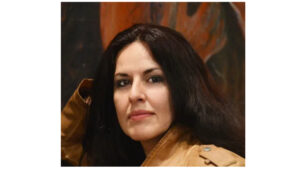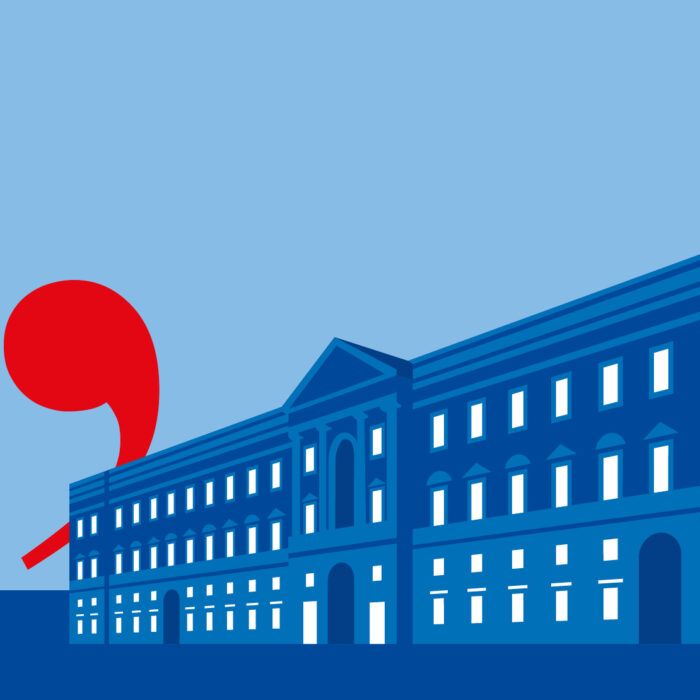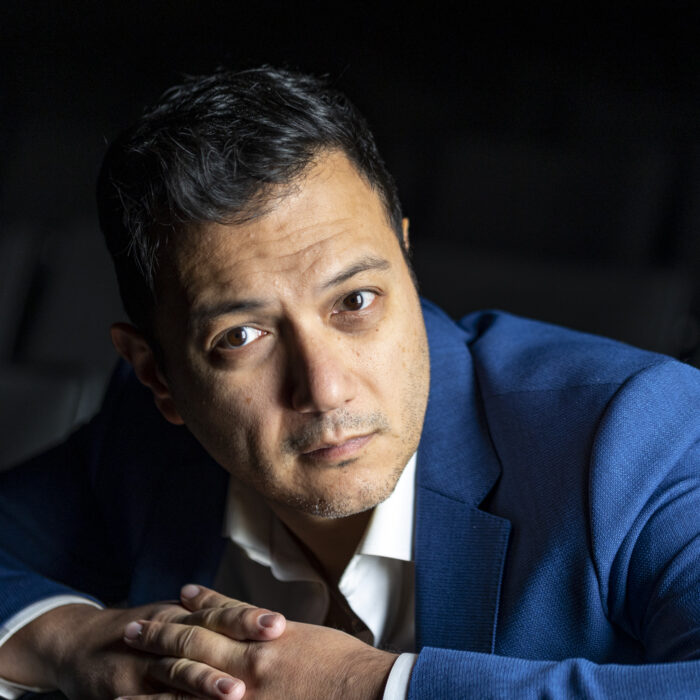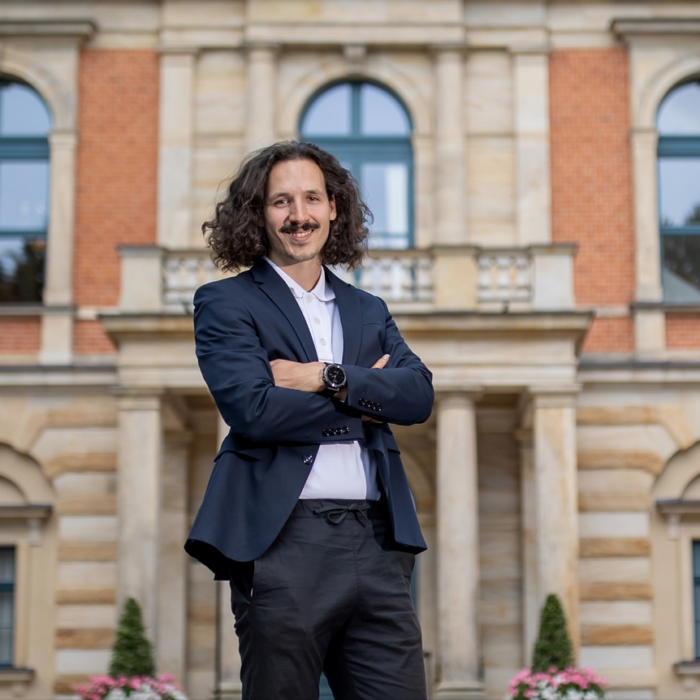
Q & A: Maria Todaro on Her New Productions of ‘The Anonymous Lover’ & Joseph Bologne, Chevalier de Saint-Georges
By Afton MarkayPhoto Credit: Tania Barricklo
Multi-talented opera director, fight choreographer, composer, singer, and conductor Maria Todaro spoke with OperaWire about revising the recent productions of “The Anonymous Lover” and her ‘love affair’ with the composer Joseph Bologne, Chevalier de Saint-Georges.
In 2022 Todaro staged “The Anonymous Lover” for Minnesota Opera. Paying homage to Bologne, she set the opera in 18th century Guadalupe. Piggybacking off that idea, Todaro developed the upcoming production she is directing for Atlanta Opera this March, which she discusses below.
OperaWire: What’s the difference between the Atlanta Opera production and the Minnesota Opera version?
Maria Todaro: My pitch for the Minnesota Opera production was to celebrate joy, beauty, and resilience and to present the opera in the 18th-century Caribbean since Bologne was born in Guadalupe. So we opted for colorful sets and costumes that paid homage to the time. This was all to honor and create awareness about the composer. We kept it light, following how the opera was originally intended; it is about 90 minutes long and was written to entertain in the salon of Madame de Montesson, who was a patron.
I also thought of the audience of today. The subject of the opera is basically a woman who’s manipulated by a man. This is a big no-no. I made a suggestion to change the blocking in the duet so that would from the top of the show, the main character Léontine knows who the anonymous lover is. Without changing any text, in my version, she plays him as much as he plays her. I think it’s a little more clever and works for today.
The original libretto is very wordy, so for the product that we will present in Atlanta next month, we will use the more contemporary and accessible translation. That was number one. As I got more familiar with Bologne himself and the more I discovered the riches of his life, the more it was begging me to create this version to bring attention to him. I was given the opportunity to add and change things. I incorporated the character of Bologne himself on stage, Madame de Montesson, and his lover Marie-Josephine de Montalembert.
It is very important to me to tell the story of the composer, so I incorporated an opening monologue where Bologne addresses the audience about what it means to be a Black man in the 18th century in an elite society. In writing this monologue, I request censorship of my Black friends to help portray this the way it should be. And then we see a mini scene where Bologne and Madame de Montesson interact, allowing us to understand historically what it meant to have a sponsor. There is also a small scene during the interlude where Montalembert, played by Maria Valdez, who is also playing Léontine, reads a letter from Bologne. During this, heard in the background will be the “Largo” of his concerto in G, which he wrote when his son died. There is also a small sword-fighting scene since that was a big part of his life. I really tried to put in as much historical context as I could with mentions of the French Revolution and people like Voltaire. By adding those three scenes, I hope to put light on Bologne’s amazing life and work.
OW: Since the opera will be performed at a Historically Black College, are there any extra opportunities for students?
MT: Yes, we are working with various communities in Atlanta to create some extra opportunities. Hopefully, this will create a lot of interest and motivation for young Black men and women to come to see this project.
OW: Is there anything you would like to add about Stéphanie Félicité, Madame de Genlis, who wrote the story?
MT: I was blown away by the fact that a Black man and a white woman worked together in the 18th century. It’s incredible that she’s remembered, and this poor man who wrote the libretto, François-Georges Fouques Deshayes, no one knows of. Genlis was a journalist and author, but this story, unfortunately for us, is the only opera left of Bologne, and I’m convinced that they wrote this on a napkin at the restaurant or something like that.
I can see Bologne flipping himself in his tomb, saying, ‘I can’t believe this is the only thing they know me for!’ I’m judging this with modern eyes. So getting to modernize it and do all these fun things with respect and integrity just to give it some layers is important to me.
OW: Tell me about the Joseph Bologne Chevalier de Saint Georges opera you have in store.
MT: So with my access to French texts that we don’t have here in the States, I’m reading those, biographies, and whatever I can find on Bologne. Me, playwright Harrison David Rivers and composer Damien Geter are working together to put together a piece on his life and works. I am hoping to present excerpts at the upcoming Phoenicia International Festival of The Voice.


